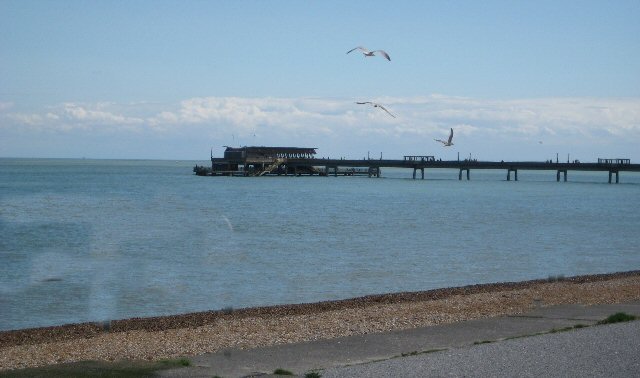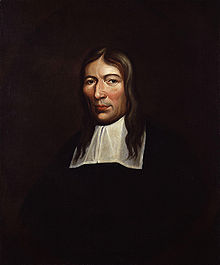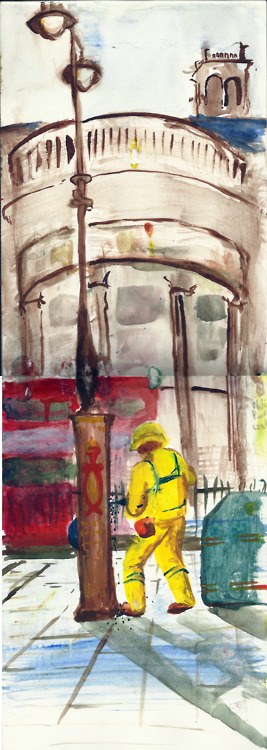There was a programme on the box last night called Gas Rig Strip-Down. According to the listings, “Tom Wrigglesworth and Rob Bell watch as a gas platform is pulled from the North Sea and taken to Newcastle to be disassembled”. This sounded quite exciting, but I didn’t watch it for two reasons. First, because from that description I feared that we would learn a lot about the, er, “personalities” of Messrs Wrigglesworth and Bell, at the expense of just watching a gas rig being dismantled. Second, because I would have preferred a programme in which, without the intercession of the presenters, we watch a gas platform being pulled from the North Sea and taken to Newcastle to be disassembled by monkeys. Actually, it would be even better if the gas rig was left where it was in the middle of the North Sea and monkeys ‘coptered out to it, to dismantle it in situ.
Alan Partridge was on to something with his idea for monkey tennis. Monkeys taking apart large pieces of infrastructure would make splendid television. I would place watching monkeys dismantling a gas rig pretty high on a list of things I’d like to see before I die, up there in the dismantling section with seeing a life dismantled of muffins.
Generally speaking, I think any large-scale sea-based construction such as a gas rig or an oil rig or even a huge rusting container ship is best taken to bits by animals. This is not without precedent. Years ago, at a time when the Chitty And Fagg coach company was still plying the coast roads of Kent, from Dover to Margate, there was an occasion when hundreds, or possibly thousands, of warthogs were let loose on a dilapidated and decommissioned hospital ship. The din of grunting was incredible, and drowned out the sound of foghorns. But there wasn’t much left of the ship by the time the hogs were ferried back to shore in a flotilla of motorboats. Wild animals will just get on with the job, in a frenzied manner.
Insects, too, can be utilised for dismantling purposes. Ants and beetles and other tiny scurrying things can overrun the largest gas rig in a matter of minutes, and can destroy it with surprising speed.
Monkey demolition was pioneered by Chitty And Fagg. When one of their charabancs or pantechnicons was ready for the scrap heap, they would drive it out to the seaside and park it by the shore, then go and collect some monkeys. They had one or two menagerists in their pockets. Left to their own devices, the monkeys made short work of the clapped-out coaches. A few elderly people in those parts can remember being taken down to the beach to watch monkeys dismantling charabancs, and will tell you all about it over a cup of cocoa, but their “carers” always think they are raving and delirious. Some of us know better.
The beach-based dismantlings were Chitty’s idea. Fagg, the visionary, wanted to have their redundant vehicles towed out to sea, and deposited on a specially-built platform, out of sight of land. Once in place, it was his intention to test out various beasts and birds and insects to see which would do the most efficient job. He had a curious mania about leafcutter ants, for example, and also otters. Chitty, who held the purse strings, vetoed the idea, on grounds both of expense and sheer common sense. Fagg went ahead and had the platform built anyway, using money provided by one of his uncles, a rascally blackguard with a suspicious moustache and a gap in his teeth, the spit and image of Terry-Thomas. But the menagerists who provided the animals were loyal to Chitty, who knew how to wrap them round his fingers with promises of Chitty And Fagg shares, debentures, and other financial inducements. The coach company founders fell out. Chitty had his monkeys and his beach dismantlements; Fagg had a useless platform rusting away in the sea, and no animals to tow out to it even if he had a means to get one of the old charabancs to it, which he did not, for his uncle had fled to Bolivia with the police in pursuit. I would like to say “hot pursuit”, but quite frankly Fagg’s uncle was small fry as far as the coppers were concerned, and they sent only one detective to Bolivia to run him to ground, a semi-retired and muddle-headed fellow called Simpkins.
Intriguingly, Simpkins came from a family of monkey trainers on one side and infrastructure disassembling experts on the other. I have not been able to find out which side was which, whether it was his father’s lot who trained monkeys and his mother’s kin who demolished large constructions, or whether it was the other way round. Nor do the extant records tell us why Simpkins himself followed neither trade, and became a copper instead. He did write his Memoirs, but they are so unutterably tedious that nobody has ever managed to get past page ten, by which point the future detective has not yet been born.
In spite of their differences, Chitty and Fagg kept the coach company going. Monkeys continued to ravage their unwanted vehicles, to the delight of parties of children taken to the beach to watch. As for Fagg’s sea platform, some say it is still there, a rusted hulk serving as a rest stop for auks and guillemots and skuas and terns and gulls and other seabirds. But no one is quite sure where exactly it is. What we do know is that, according to Fagg’s notes, it is as enormous as the most enormous of gas rigs, as yet undismantled by monkeys, out in the sea.







